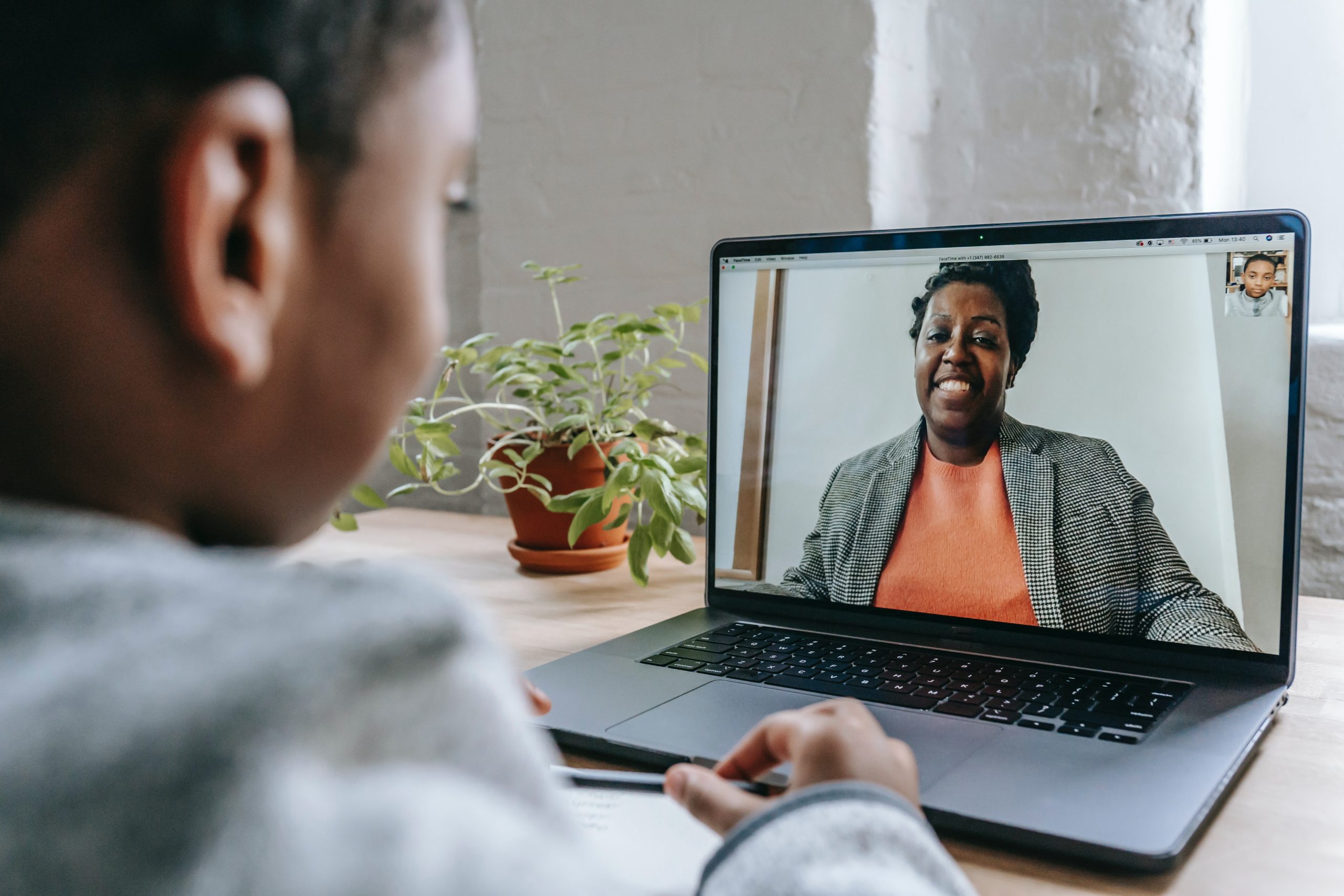As Government considers a range of options to help children’s education recover from Covid such as longer school days, changing school holidays and tuition, a new report from the charity Education and Employers offers an innovative and inspiring option.
Primary children, who are among those who have missed the biggest proportion of their schooling during the pandemic, can be motivated and inspired through live, interactive virtual events where they meet and question a diverse range of working people across the UK from electrical engineers to Arctic explorers.
Findings from a national pilot and a survey of 10,000 children launched 24th March shows that the Primary Futures programme results in improved motivation for maths, science and English and increases children’s future aspirations and desire to learn. The biggest impact has been on children from disadvantaged backgrounds who often don’t get access to a diversity of role models. This has been especially the case during lockdown.
After taking part in Primary Futures activities, 88% of children agreed that doing well at school would help them in the future and 82% of children now understood how learning maths, science and English could be useful in many jobs.
The report shows that the career aspirations of 7 year-olds are often relatively unchanged by the time they reach the age of 18 and are worryingly influenced by gender, ethnicity and social background stereotypes. The research also shows that children are heavily influenced by the people they either meet every day or see on TV.
This results in far too many young people ruling out options for themselves from a young age, simply because they do not realise the full range of opportunities open to them.
However, following inspiring sessions with people from the world of work, 84% of children understood that boys and girls can do the same job and 80% now agreed that ‘people like them’ can be successful when they grow up.
Karen Giles, Head Teacher at Barham Primary School in Wembley and trustee of charity Education and Employers, said: “A key part of the solution to the post-Covid education recovery and challenging stereotypes is giving children access to role models from the world of work who can inspire, motivate and help children see why education is relevant.
“It should not be an aspiration, but absolutely essential, that children realise that what they learn at school now can help them be whatever they want to be in the future.”
The charity Education and Employers with the National Association of Head Teachers (NAHT) has successfully piloted an interactive way of doing this via an extensive network of volunteers through the Primary Futures programme.
A year on from the start of lockdown, the move to a virtual world has opened-up new learning opportunities for children to meet ‘people like them’ working in jobs they might never otherwise have known about until they were grown up themselves.
This means that a primary aged child living in Blackpool can meet and ask questions of a TV Producer working in visual effects based in London, or children in Cornwall can hear from someone who arranges Antarctica tours based in Scotland as part of their polar regions school topic; and a child at a rural school in Wiltshire can quiz an Experimental Archaeologist in York.
Paul Whiteman, General Secretary of the National Association of Head Teachers (NAHT), commented: “Now is the time for us to ignite our children’s aspirations. We need to help them see what’s possible and the opportunities open to them. Primary Futures does that and the NAHT has been a proud supporter from the start. It is truly incredible how much impact this scheme has had.
“Now is a perfect time to make it more widely available to pupils right across the country. School leaders will welcome the opportunity to tap into a programme like this if it can be expanded to a national scale.
“Primary Futures is a perfect solution to the problem of raising post-pandemic aspirations. This new report shows that the scheme has worked everywhere it has been deployed. We now need to see it deliver on a national scale.”
Education and Employers is calling for support to ensure that all primary children now have a chance to be motivated and inspired by virtual interactive sessions with a broad range of role models from the world of work. This is something the charity can achieve for less than 14 pence per child per annum using live events which have been piloted and proven to work during the pandemic.
Nick Chambers, CEO of Education and Employers, added: “We need to ensure that all our children have the chance to be inspired and this must start in primary school. Everyone is committed to supporting young people whose education has been disrupted by the pandemic. This disruption has been particularly significant for primary-aged children who are at such a formative stage of their development.
This report shows the impact that role models from the world of work can have on attainment – people who can help bring learning to life, excite children about the subjects they are studying, and show them the possibilities that can open up in later life.
As the research proves, and as every teacher can tell you, if children are inspired and motivated, they work harder and achieve more.
If we are to help these children, we need to take immediate action. The earlier we start, the quicker we catch up.”









